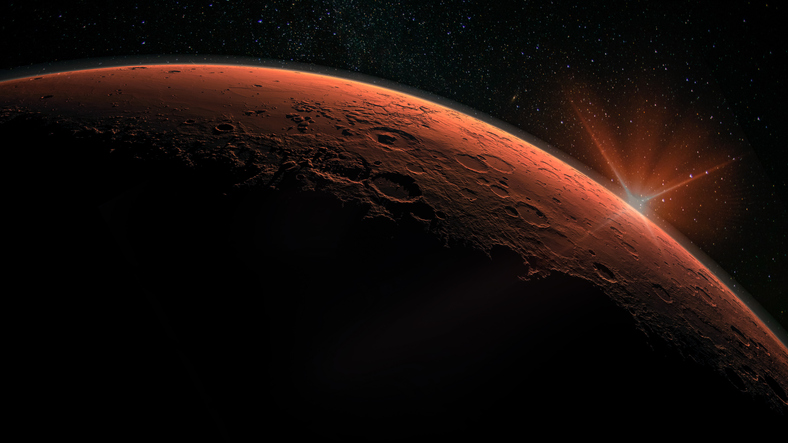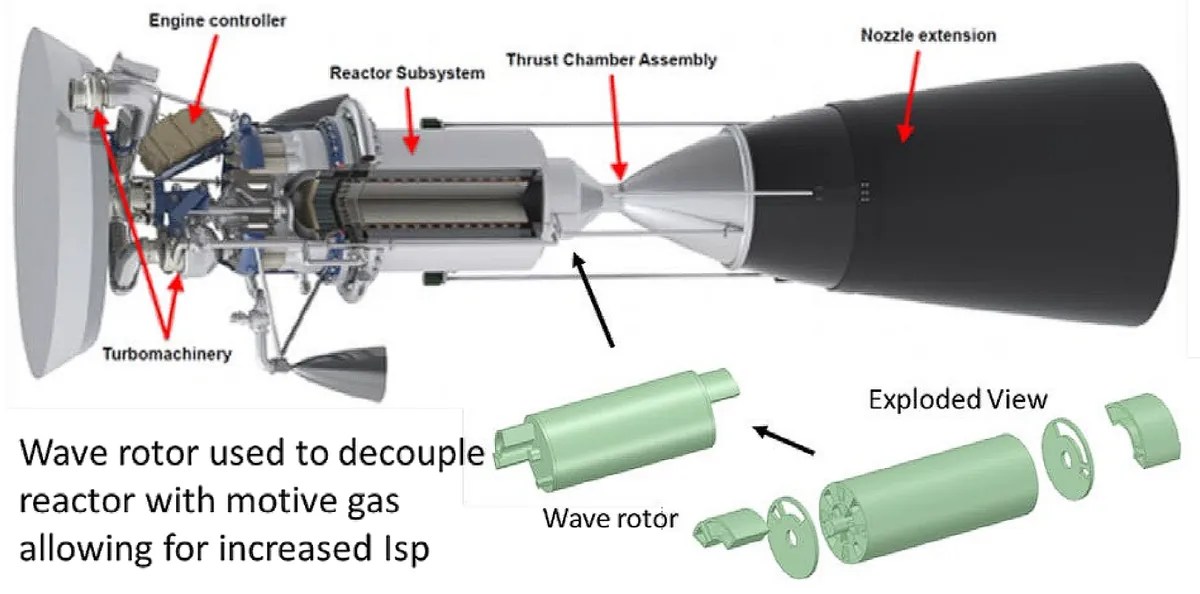NASA and the rest of the world is ready for a trip to Mars – and maybe someday beyond – despite the fact that it’s always been assumed that it will take us years just to get there and back.
A new jet propulsion system could change all of that, though, and let us get all the way there in less than two months.

Image Credit: iStock
Their Innovative Advanced Concepts (NIAC) program provides money to people investigating long-shot technological concepts with questionable viability.
This year, the money went to Professor Ryan Gosse of the University of Florida, who has a concept that would reduce the 203-day trip to Mars down to just 45.
He calls it a “Bimodal NTP/NEP with a Wave Rotor Topping Cycle,” the abbreviations referring to Nuclear Thermal Propulsion/Nuclear-Electric Propulsion.
The $12,500 grant won’t be anywhere near enough for Gosse to build a prototype, but it could be enough to get him to a place where he could secure more funding for exactly that.
Details are thin, but the design would depend on nuclear power as opposed to using radioactive decay for chemical propulsion. It would use a propellant like liquid hydrogen reduced to a plasma that could escape through a nozzle, pushing a spacecraft in the opposite direction.
Nuclear-Electric Propulsion, on the other hand, would use the energy to power an ion thruster.
Gosse believes these two technologies could be combined to great effect.
“They can be combined using a wave rotor to decouple the reactor with motive gas to produce 1800-4000 seconds of specific impulse, while avoiding the limits on mass to power ratios NEPs currently suffer.”
Existing chemical rockets produce only around 450 seconds of specific impulse.
Getting to and from Mars faster wouldn’t matter for robots, but for humans, the 6-7 month trip has presented plenty of barriers. They would deal with significant radiation exposure, potential muscle loss, and could also deal with significant levels of boredom along the way.

Image Credit: iStock
It’s one reason no one is talking seriously about a manned mission – not yet.
IF this experimental project pans out, that could change sooner rather than later, but it seems like we’ll have to wait a few years for the verdict.
So, if your kids are saying they’re going to be the first ones to walk on Mars, well…they might not be wrong.







